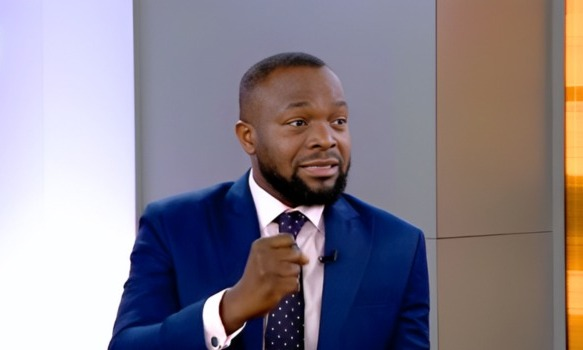Bosun Tijani, the Minister of Communications, Innovation, and Digital Economy, defended the decision on Tuesday to authorise a 50 percent pricing hike for telecom services in the face of strong opposition and threats of legal action from consumers and advocacy groups.
When Minister Tijani testified before parliamentarians to defend the ministry’s budget, he clarified that other economic constraints, such as growing inflation and the price of imported goods, were the main causes of the tariff increase.
Tijani, who is also leading the nation’s ambitious 90,000-kilometer fibre project, told the lawmakers that the latest tariff rise was due to rising inflation and operating costs.
Read also: MTN Nigeria promises better services as NCC jacks up tariff by 50%
Further, he said, “What most people don’t pay attention to is that historically, we’ve left investment in telecommunications infrastructure to private companies. And these private companies will only go to where they can make money. They use a data set, called night-time satellite data, which will look down on the economy at night.”
“They will see where light exists, and that’s where they will put their money. Because those lights, for them, indicate economic activities,” he emphasised.
Advocacy groups threatened legal action
The Socio-Economic Rights and Accountability Project (SERAP) and the National Association of Telecoms Subscribers threatened to sue NCC if the hike was not immediately reversed.
Adeolu Ogunbanjo, the president of NATCOMS, told The PUNCH on Tuesday that the organisation would engage the telecom regulator, NCC, to reverse the tariff hike to 10 percent this week.
However, NATCOMS warned it will pursue legal action the next week if the meeting was called off or does not produce results. Although the organisation might agree to a small tariff hike of five to ten per cent, Ogunbanjo clarified that anything higher would be considered intolerable.
SERAP called the tariff hike “illegal” and gave a 48-hour ultimatum to rescind it.
“The Tinubu administration and telcos must immediately reverse the unlawful increase in calls and data costs,” the association tweeted on its official X (previously Twitter) account.
It further said, “We’ll see in court if the 50 per cent tariff hike is not reversed within 48 hours.”
Read also: NCC approves 50% telecoms’ tariff hike for data, calls
Subscribers lament
Many Nigerians are upset about the growing cost of basic communication services, and the tariff increase—a necessary step to keep the telecom sector operating—has generated discussions.
Subscribers contend that low-income individuals who depend on reasonably priced call and data services for their everyday activities are disproportionately impacted by the decision.
Citing the necessity to address the industry’s growing operational costs, the NCC approved the price increase for the telecoms aiming for 100 per cent on Monday.
The NCC said in a statement signed by Reuben Muoka, Director of Public Affairs, that the adjustment is the first tariff revision since 2013.
In contrast to the initial proposal by certain operators for an increase of over 100 per cent, the regulator limited the adjustment to a maximum of 50 per cent.
Between customers’ interests and industry’s sustainability
In addition to attempting to strike a balance between the interests of customers and the industry’s sustainability, the NCC characterised the decision as a calibrated response to the mounting financial challenges faced by network providers.
“The NCC has prioritised striking a balance between protecting telecoms consumers and ensuring the sustainability of the industry, including the thousands of Indigenous vendors and suppliers who form a critical part of the telecommunications ecosystem,” the statement read.
It continued, “The NCC recognises the financial pressures faced by Nigerian households and businesses and remains deeply empathetic to the impact of tariff adjustments.”
“To this end, the commission has mandated that operators implement these adjustments transparently and in a manner that is fair to consumers,” the NCC stated.
















